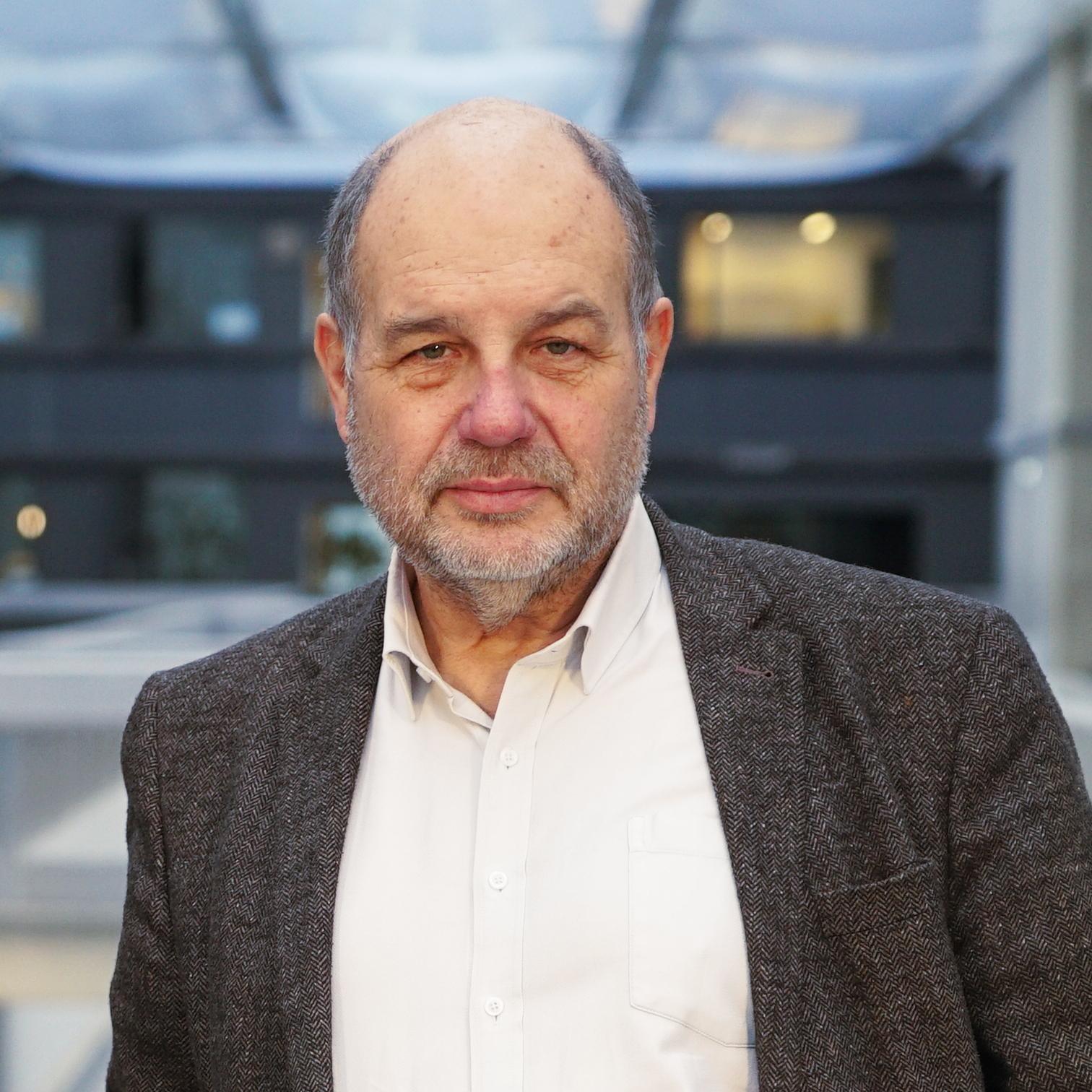Collaboration Betters the World

Gérard Creuzet, a prominent French physicist and industrialist, recently took time out to share his inspiring journey of collaboration with China. Currently president of the Île-de-France Photovoltaic Institute (IPVF), he has made significant contributions to Sino-French relations in higher education and research.
A decade of commitment
Creuzet, a member of the French Academy of Engineering born in 1953, has been deeply involved in Sino-French cooperation for more than a decade, particularly at Beihang University. His pivotal role in establishing several joint institutions, including the Sino-French Engineering School (Centrale Beijing) and the Sino-French Aviation Institute (ZFAI), has made an indelible impact on enhancing sci-tech exchanges between the two countries.
This year, he received the Chinese Government Friendship Award, the highest distinction granted to foreign experts who have made outstanding contributions to China's modernization drive. From his perspective, this award underscores "the importance of building strong international relationships."
Creuzet travels to China multiple times each year, actively participating in research and student training. "The cultures of China and France are quite similar — both warm and friendly, which reflects the spirit of this award, highlighting the essence of friendship," he said, adding that friendship is a beautiful concept, and he appreciates China for creating this award to emphasize global connections.
A journey of discovery
Reflecting on what sparked his interest in collaborating with China, Creuzet emphasized the major factor is the rapid development of the country. In 1978, when he was a young researcher, he focused on partnerships with prestigious institutions in the U.S. and did not consider China. However, the situation has changed dramatically. "Now, China is evolving so fast and it's impossible to think about the world without considering it," he said.
Creuzet's professional journey spans various phases, from researcher to industrial executive. By 2005, he was the chief operating officer of the EDF Group. A friend and colleague, who was retiring, approached him with a project about international training exchanges that had great academic potential but many financial and administrative challenges. Creuzet, however, was fully aware of the project's tangible benefits and instinctively knew they would be achieved through cooperating with Chinese institutions.
Armed with a wealth of experience and international connections, he was led to Beihang University, a prestigious Chinese university, where he collaborated with many Chinese scholars, including Huai Jinpeng, the university's chairman at the time. "We shared a common goal to train highly skilled engineers who could integrate both French and Chinese cultures and learning modes," he said.
A hybrid educational model
Creuzet's collaboration with Beihang has focused on research as well as innovation in educational form, involving prestigious French Engineering Education organizations like Centrale Group, ENAC and INSA Group. He said there are differences in engineering education between China and France, noting that in China, students often choose their major right away, while French programs emphasize fundamental sciences for the first few years.
By hybridizing their approaches, they were able to integrate basic sciences and personal development training from France with China's technical expertise. Students begin their education in China learning French and fundamental sciences, and then experience the Chinese sci-tech approach before immersing in the French talent cultivation system.
This hybridization enriches students' educational experiences and respects the cultural differences of both countries, making them more competitive in the job market. Creuzet stressed that cultural integration is essential, emphasizing that, "One should not simply import training methods from one country to another."
A call to the younger generation
However, Creuzet is well aware of the challenges facing the younger generation and urges them to make full use of science and technology. Humanity is confronted with significant challenges, especially climate change, he said, "The solutions to these challenges are closely related to science and technology," he added.
"Be patient," he said, encouraging young people to understand that while these solutions may not yield immediate benefits, they are essential for a sustainable future. "I've been impressed by the intelligence and open-mindedness of young Chinese students," he said, adding they understand that their key roles are to shape a collaborative future.
Creuzet envisions a world where people work together rather than compete against each other. "If we continue to foster exchanges, where I visit China regularly and Chinese students come to Europe, we will build a foundation for cooperation," he said. "While competition is natural, prioritizing friendship and collaboration is more crucial."
His insights and experiences not only highlight the potential for international cooperation, but also inspire the younger generation to embrace technological advancements for a better future.







